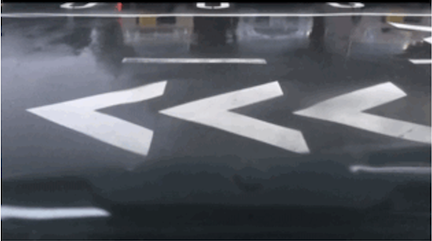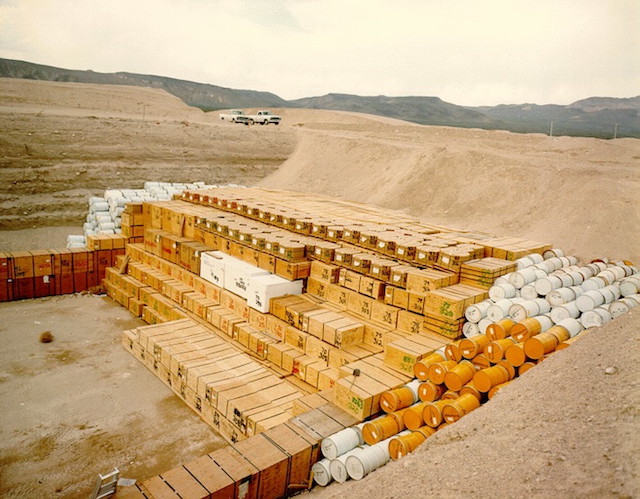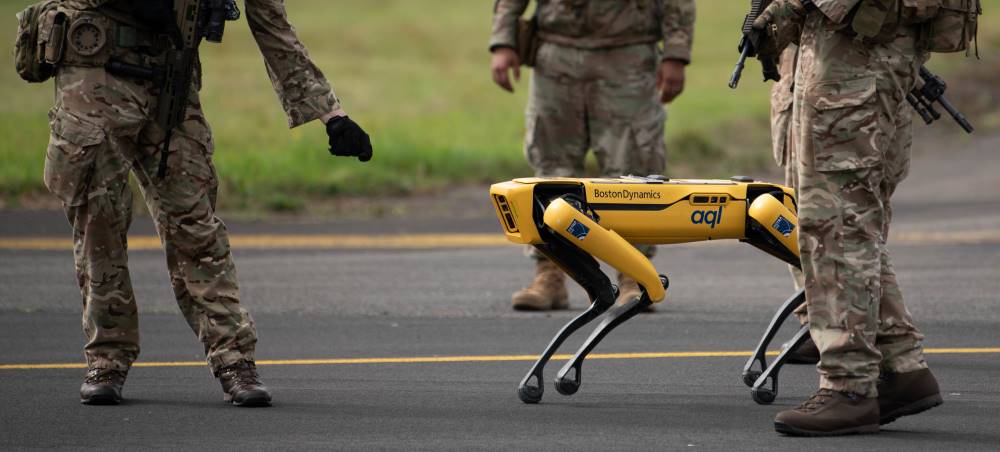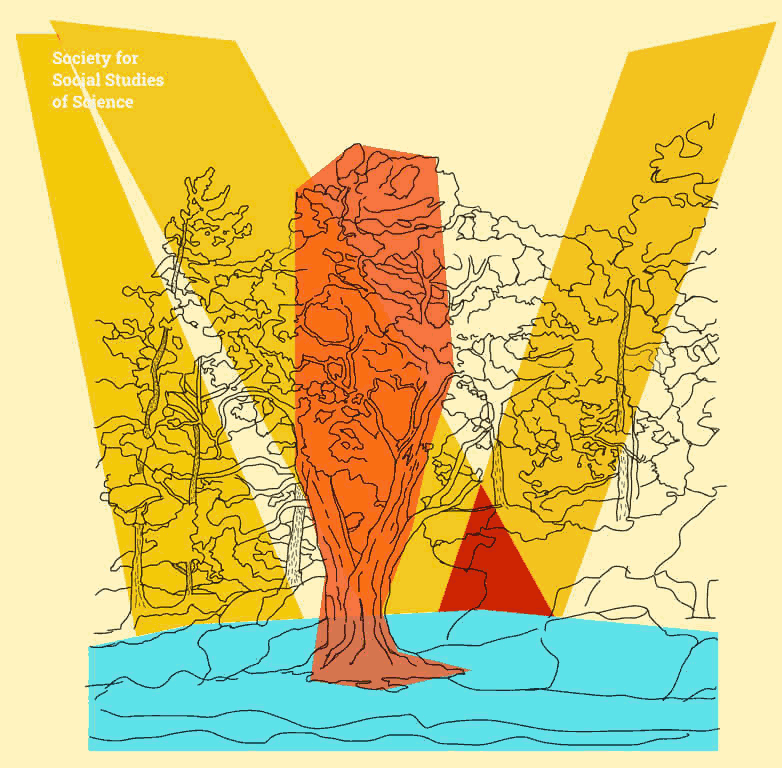
From Amusement to Conscientization: The Purpose of Media Literacy in the Age of Misinformation
In one of my first classes in my Undergraduate program in Media Studies, our Professor displayed a prominent newspaper. The masthead and the front page borders were red in color as opposed to the usual black. Then I noticed that the main headline on the front page was on a revocation of a ban on soft drinks giants, Coca-Cola and Pepsi. Pointing out the promotional strategy used by corporates in the newspaper, our Professor explained that behind every media content figures a series of intended and unintended agendas. (read more...)







